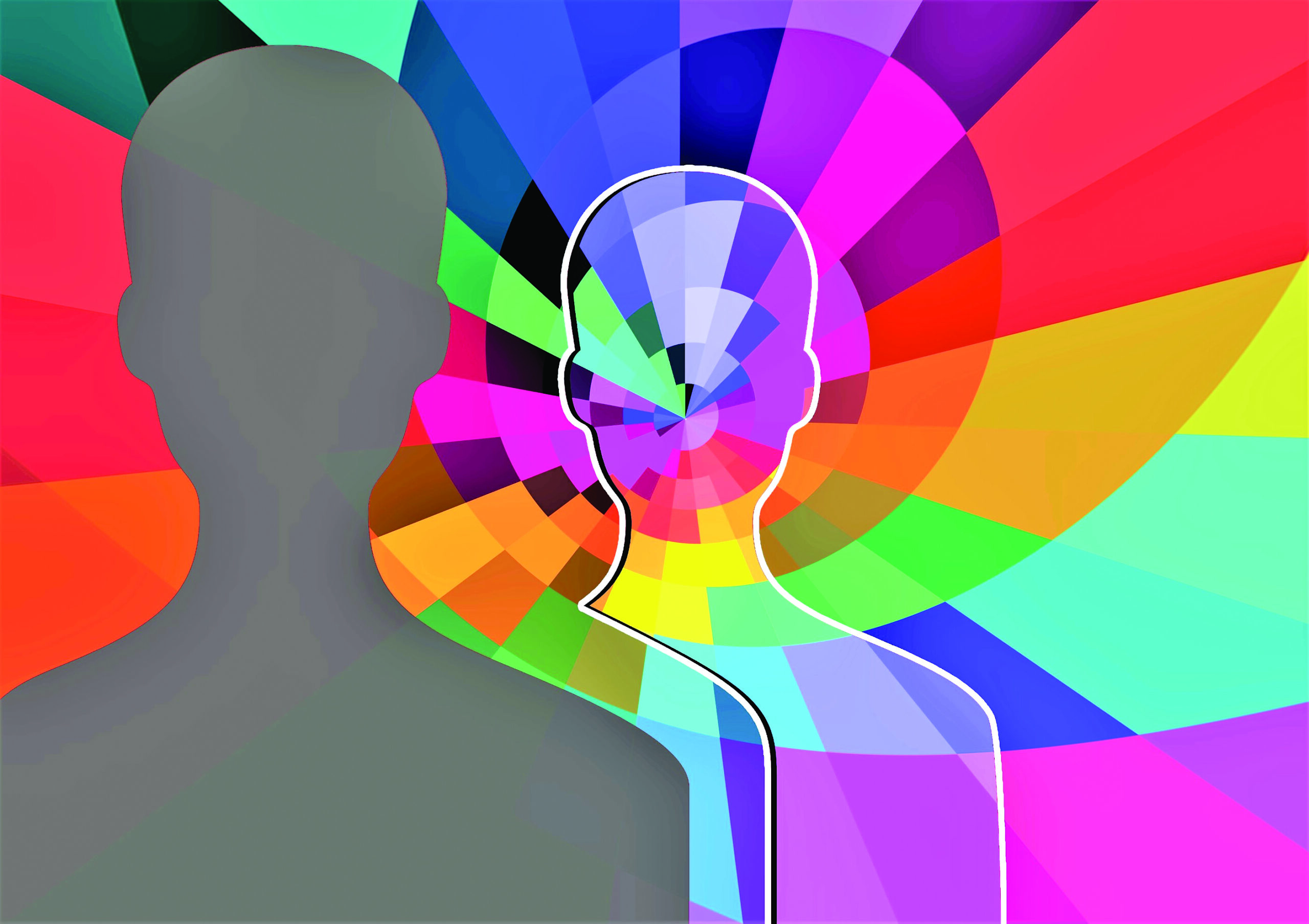Most of us have an inner critic. It is the voice inside that tells us we are inadequate. It compares us with others, and sometimes even abuses us, saying we are idiots. It makes us feel useless. It often holds us back, rather than encouraging us. It can bring about feelings of jealousy, and wanting to put others down.
Keeping an eye on ourselves, to try to ensure that we behave decently with others, is of course a good habit. If we realise we have made a mistake that hurt someone, we should apologise, and try to do better next time. But the inner critic is often oppressive rather than constructive.
To be able to transform it, I have to find out what is driving its negative mindset.
There are factors outside of us, to do with the society we live in, that play a part. We may have grown up in a strongly critical household. Our schooldays may not have been very inspiring. Blaming things from our past is unlikely to help us in the present, however.
There are also present-day factors at work that inflate the inner critic. Quite a lot of what we are exposed to through newspapers and television, and sometimes perhaps in the home and school, is what the Americans call ‘deficit discourse’. This focuses on what is missing, rather than what is strong and good.
There are also very real social factors that influence us negatively, such as gross inequalities, and exploitative behaviour by individuals and dysfunctional institutions.
Even then, some people refuse to let such factors get them down, rise above them, and remain cheerful and positive. There must be some inner quality that makes this possible.
A valuable step towards transforming the inner critic is to recognize that it is not a fundamental part of who I am, but a habit that I have acquired. That recognition is immediately empowering, because habits can be changed.
It is then useful to see how and why that habit may have developed. What did it do for me?
An important clue in that regard is that when I talk myself down, I am actually giving myself an excuse for not trying – for not fulfilling my potential.
If I am no good anyway, why should I try to be something else?
To remove that excuse, and ‘dis-empower’ that habit, I have found that I need to understand that this line of thinking is a lie, related to a false sense of identity.
It may be true that my behaviour currently reflects a lack of self-worth, but that lack is not intrinsic to who I am. I learned from my Rajyoga teachers that the deepest identity, common to us all, is our spiritual being – our humanity.
Shakespeare wrote that “the quality of mercy is not strained. It droppeth as the gentle rain from heaven.” Similarly, I have now come to understand that our humanity is a God-given quality that is never completely lost, though it does become hidden by wrong ideas about ourselves.
The inner critic that puts me down is in the grip of an illusion. It defines identity in material terms – my house, my car, my looks, my strength, my physical beauty or ugliness, how much cash I have in the bank, how many letters after my name. There are a million and one ways of defining myself through these externals. None of them is wrong in themselves, they are all parts of life, but they are not ME.
When I make that shift in my sense of who I really am, and connect with that deepest identity, the inner critic no longer has to make excuses for my inadequacies in the external factors. In fact, I may no longer see them as inadequacies at all.
My humanity is my greatest gift, and if I really, deeply understand that, no one will be able to take that from me.
When I practise thinking of myself in this way, and feel the inner beauty of my being, the inner critic is no longer of any use to me and quietens down.
The wonder is that the happiness and peace that come to me from this inner experience also give me the strength to fulfil my potential in external ways, too, because I no longer feel judged and criticized when I have a go.
What is more, I start to experience the world around me in a different, more constructive way, and in my company other people may feel licensed to feel and understand something more of their own higher selves. Everything starts to change.
Neville Hodgkinson is a UK-based author and journalist, and a long-time student of Rajyoga.























